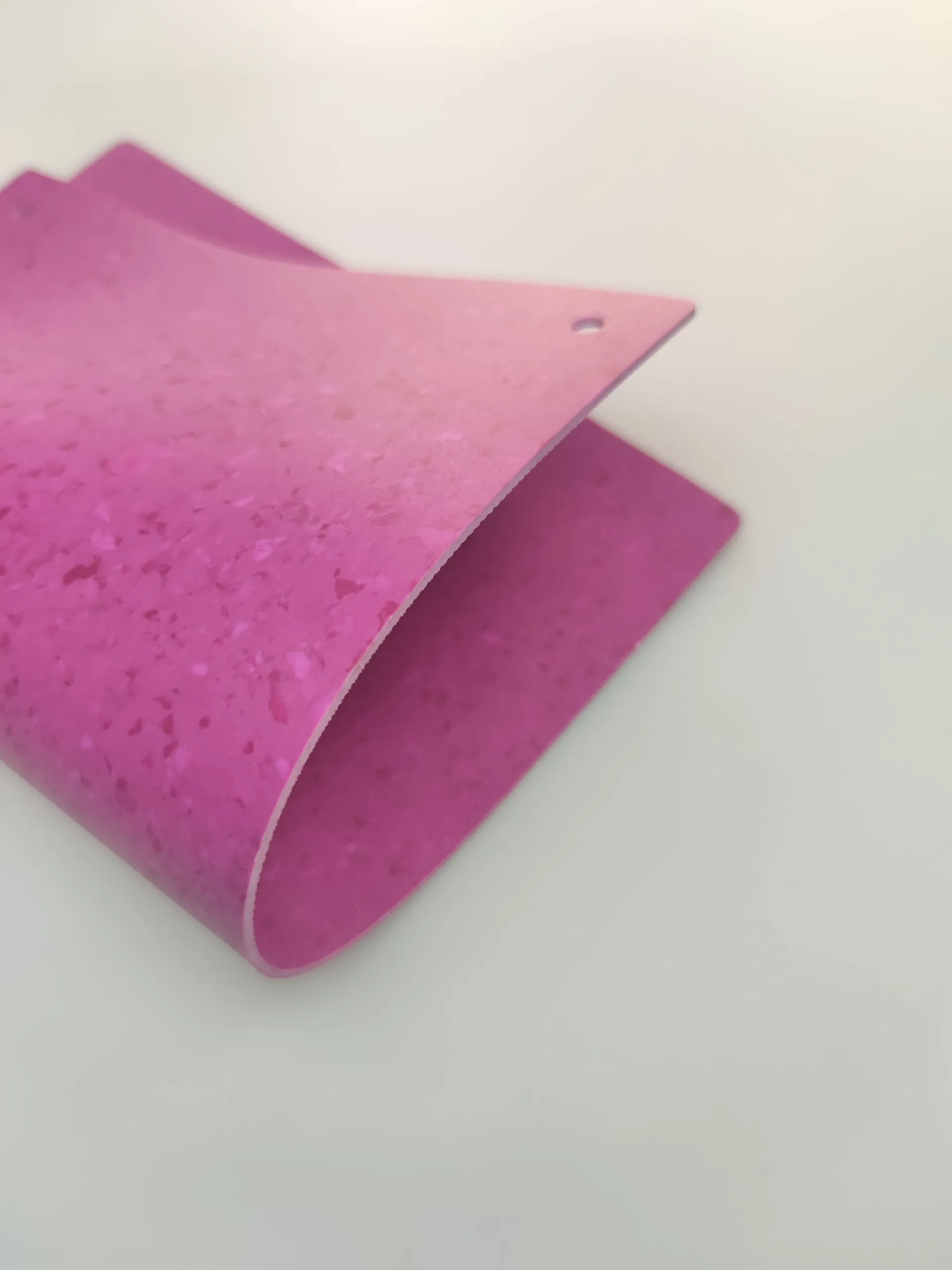Exploring Alternatives to Traditional Tile Flooring for Your Home Renovation
Exploring Alternatives to Tile Flooring
When it comes to flooring options for our homes and businesses, tile has long been a popular choice due to its durability, aesthetic appeal, and ease of maintenance. However, in some cases, tile flooring may not be the best fit for every environment or personal preference. Fortunately, there are numerous alternatives to tile flooring that can provide similar benefits while offering distinct styles and qualities suited to various needs. This article delves into some of the most compelling alternatives to traditional tile flooring.
1. Luxury Vinyl Plank (LVP)
Luxury vinyl plank has emerged as one of the most sought-after alternatives to tile flooring. LVP mimics the appearance of natural wood or stone while providing resilience and water resistance. One of the greatest advantages of LVP is its ability to withstand moisture, making it an excellent choice for kitchens, bathrooms, and basements. Installation is also a breeze, often featuring click-lock designs that allow for easy DIY projects. Additionally, LVP is comfortable underfoot, reducing the cold hardness sometimes associated with tile.
2. Laminate Flooring
Laminate flooring is another popular alternative that combines aesthetics with affordability. Made from a composite material, laminate closely resembles wood or stone and is available in a plethora of styles and finishes. Its multi-layer construction provides durability, ease of maintenance, and resistance to scratches—ideal for homes with pets or high traffic. Moreover, laminate is less expensive than tile, making it a budget-friendly option for homeowners looking to renovate their spaces without breaking the bank.
For those who prefer the timeless elegance of wood but want something more resistant to moisture than solid hardwood, engineered hardwood is a fantastic compromise. This flooring type consists of multiple layers of wood veneer and plywood, giving it stability, durability, and resistance to warping. Engineered hardwood can be installed in areas where traditional hardwood may not thrive, such as basements and kitchens. With its warm tones and natural beauty, engineered hardwood offers a luxurious look without the drawbacks of tile.
tile flooring alternatives

4. Cork Flooring
Cork flooring is an eco-friendly alternative that provides unique benefits not found in tile. Made from the bark of cork oak trees, this flooring option is sustainable and renewable. Cork is naturally resistant to mold, mildew, and pests, making it an excellent choice for those with allergies. Additionally, cork flooring is highly comfortable underfoot and offers superior insulation, helping to keep spaces warm and reducing noise levels. It can be a fantastic choice for playrooms, bedrooms, or any area where comfort is a priority.
5. Bamboo Flooring
Bamboo flooring is another sustainable option that has gained significant popularity in recent years. It is made from fast-growing bamboo grass, and like cork, it is a renewable resource. Bamboo is incredibly durable and has a unique, exotic appearance that distinguishes it from traditional hardwoods. Its natural resilience makes it suitable for high-traffic areas. However, it is essential to ensure that the bamboo is treated properly to withstand humidity and moisture, similar to engineered wood.
6. Carpet Tiles
For those looking for warmth and versatility, carpet tiles provide an attractive alternative to traditional tile flooring. These modular squares can be arranged in various patterns and colors, allowing homeowners to customize their space according to their tastes. Carpet tiles offer comfort underfoot and insulation, making them a perfect choice for living rooms and bedrooms. They are also easy to install and replace, as individual tiles can be swapped out without needing to replace the entire floor.
Conclusion
While tile flooring remains a classic choice, the market offers a plethora of alternatives that cater to various tastes, budgets, and practical needs. From the warmth of luxury vinyl planks and engineered hardwood to the sustainability of cork and bamboo, homeowners and businesses alike can find the perfect flooring solution to fit their environment. With proper research and consideration, one can choose a flooring option that not only enhances the aesthetics of their space but also meets their functional requirements without compromising on style. Whether renovating an existing space or building new, exploring these alternatives to tile flooring can lead to inspiring and satisfying results.
-
The Evolution of Luxury Flooring Guangzhou Enlio's JourneyAug.05,2025
-
Innovative Commercial Flooring Solutions from Guangzhou Enlio SportsAug.05,2025
-
Premium Interior Solutions with Quality Skirting OptionsAug.05,2025
-
Masking Tape The Essential Tool for Professional ApplicationsAug.05,2025
-
SPC Vinyl FlooringJul.18,2025
-
Home SPC FlooringJul.18,2025




